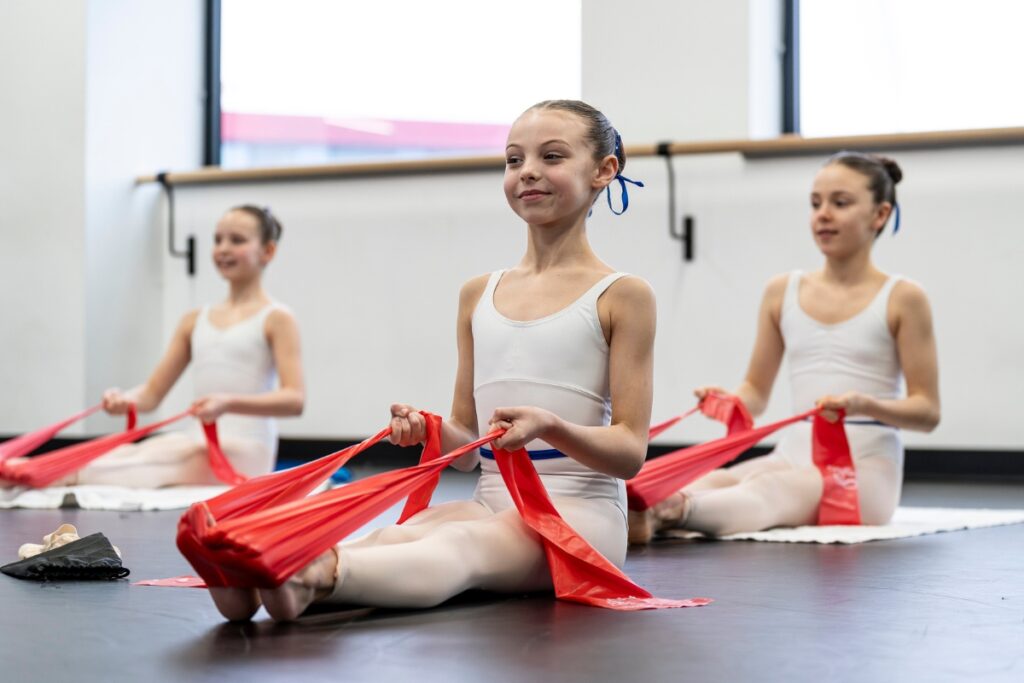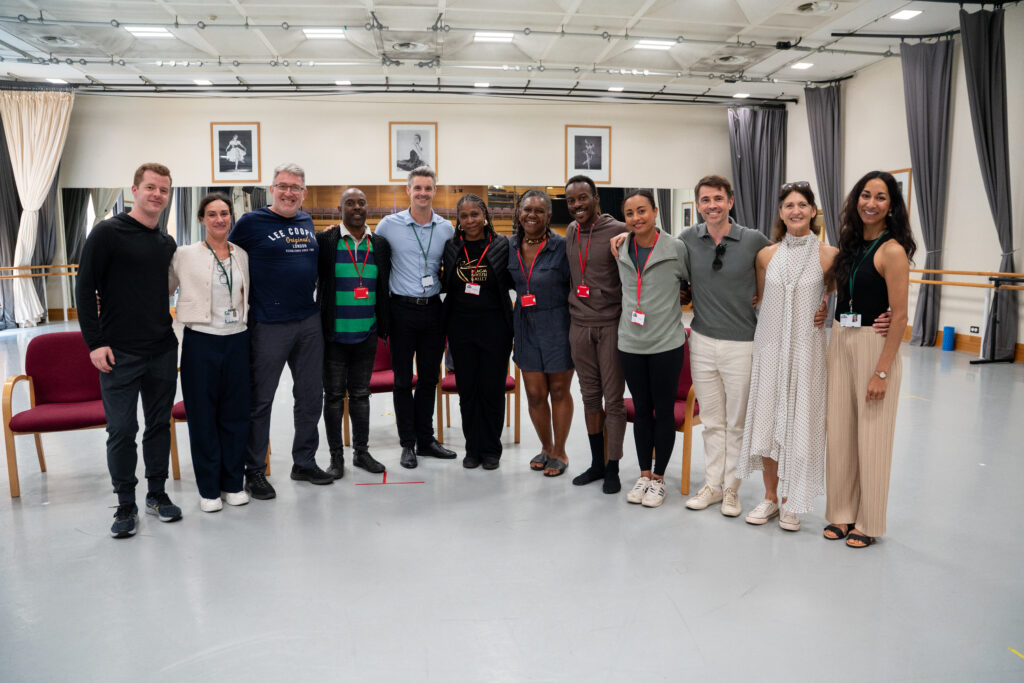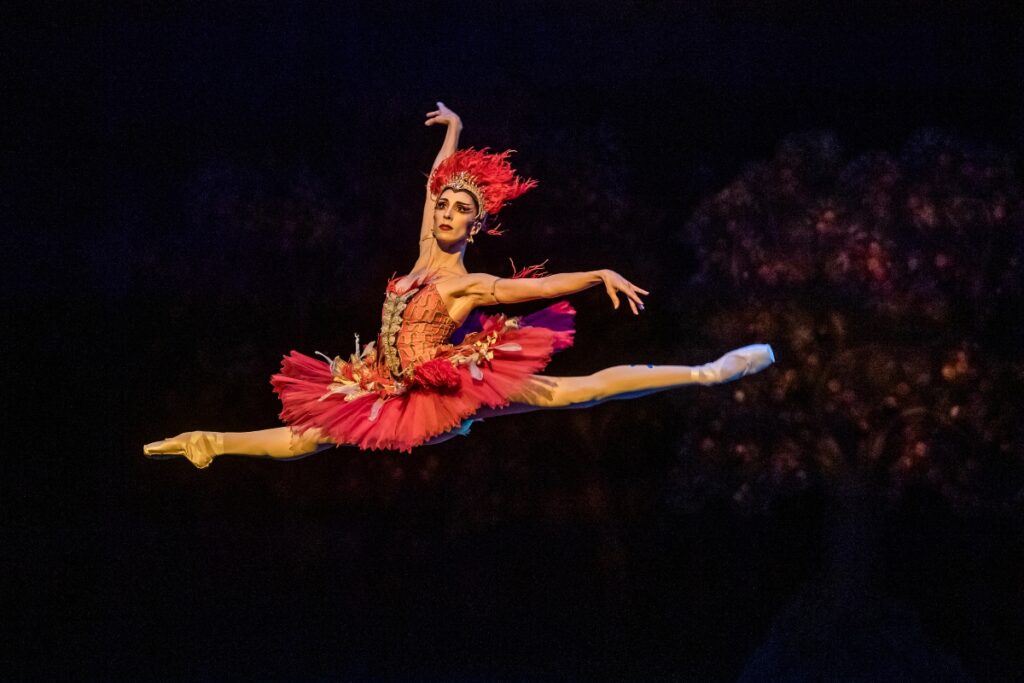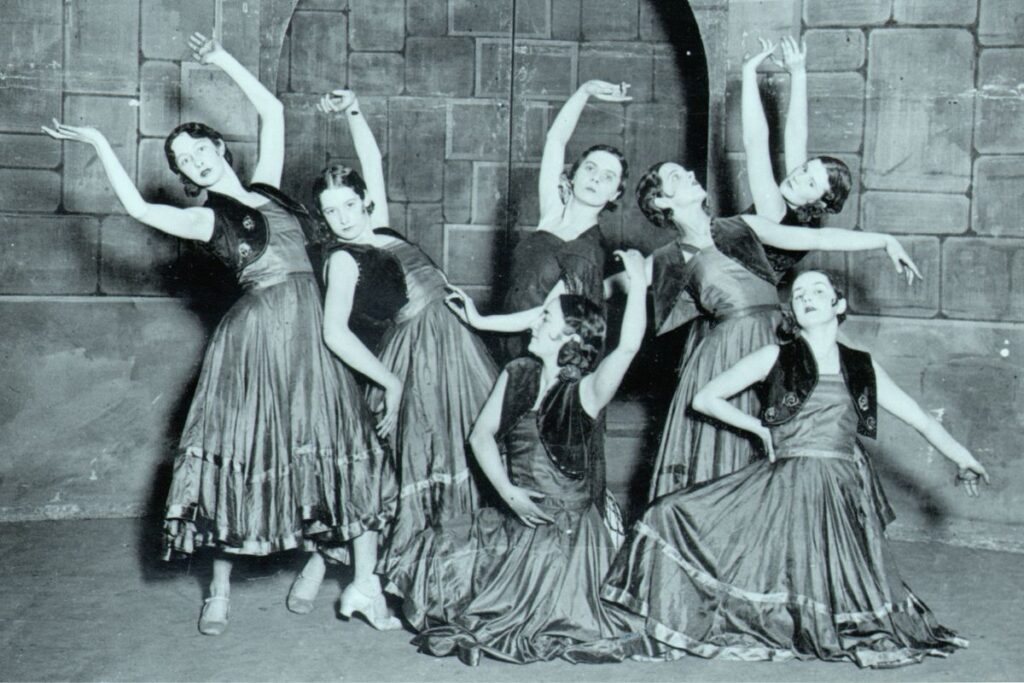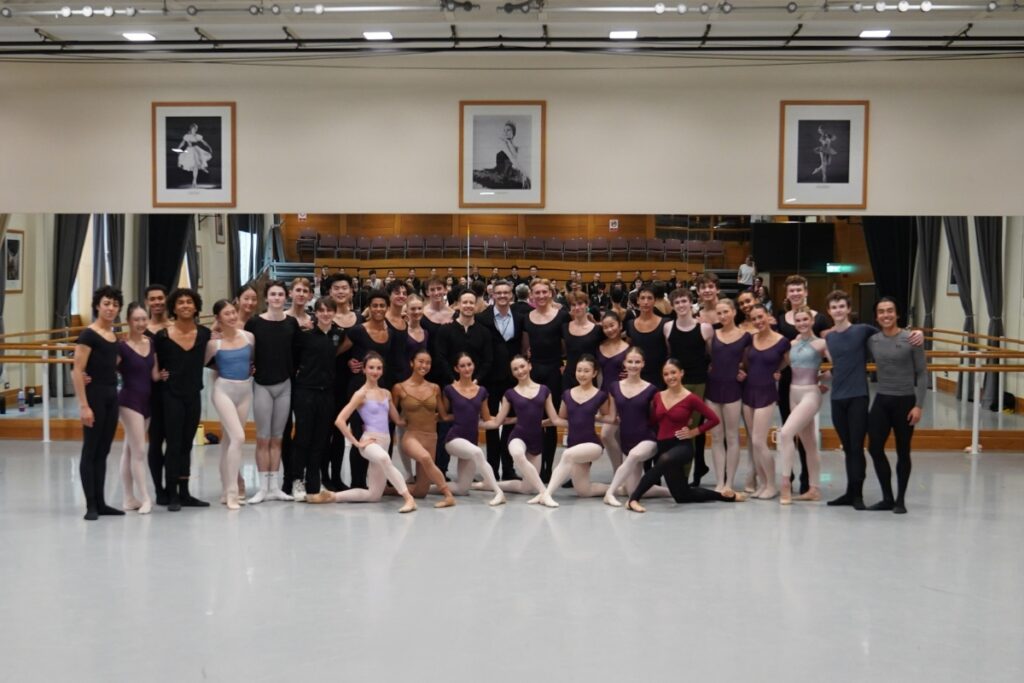Associate Programme healthcare support with Emma Porter
In addition to providing passionate young dancers with an introduction to The Royal Ballet School’s System of Training, a space to create lifelong friendships with others who share this passion, plus opportunities to attend workshops and company performances, our Associate students also receive tailored healthcare education and support from the School’s dedicated team of healthcare professionals.
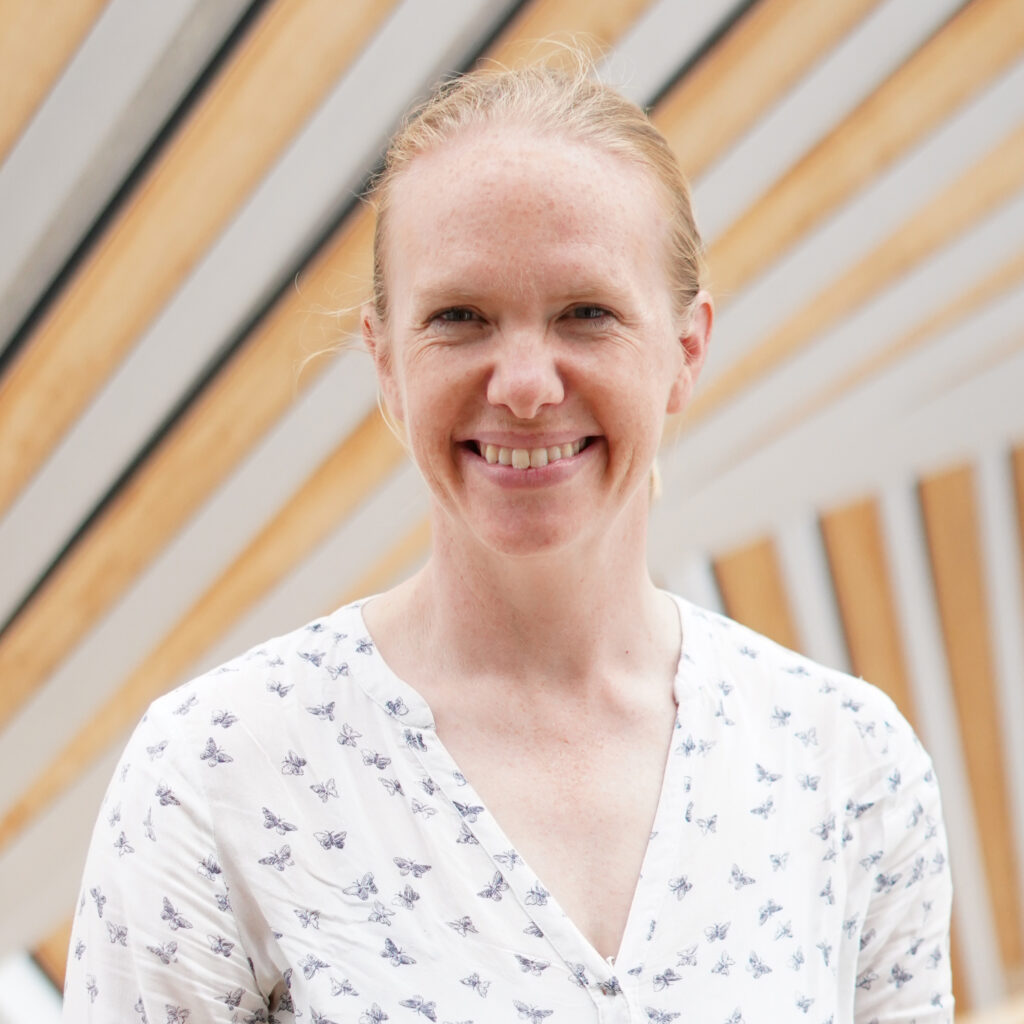
Emma Porter, Training and Access Healthcare Lead, has been working at the School for three years, and brings with her a wealth of knowledge and experience of musculoskeletal injuries. Her experience ranges from working with professional dancers at English National Ballet, elite athletes at the 2012 Olympic and Paralympic Games, as well as on the battlefields of Afghanistan as part of the British Army.
She is committed to providing our Associate teachers, students, and parents with the knowledge and understanding to prevent injuries and foster a holistic approach to ballet training from an early age.
We caught up with Emma to learn more about the healthcare support offered as part of our Associate Programme.
Yearly visits
Throughout the year, Emma or a member of our team of freelance physios, visit each of the seven Associate centres across the UK to provide guidance and support to the students, teachers, and parents.
It’s great to be able to have a three-pronged approach to injury prevention by talking to the students, parents, and local dance school teachers, so we can get everyone on the same page to be proactive in promoting healthy habits and effective dance training. It’s not just about how they dance, it’s also about how to nurture a young developing body through adolescence and beyond.
These visits may involve spending one-on-one time with a teacher, student, or parent to discuss any individual healthcare concerns, or delivering in-studio group sessions and practical workshops about a specific topic.
Each year, we pick a different topic to focus on. This year, the theme across all centres was ‘feet’. We delivered a creative session about the anatomy of the foot to explain how dancers use their feet and how to best look after your feet, and then worked with the teachers to apply that knowledge directly to their dance teaching. With parents we talked about ‘growth spurts’ – what to expect, when to expect it, how it might affect a dancer, and how parents can best support their child through these changes. For next year’s cohort of Associates, we will be focusing on ‘turnout’.
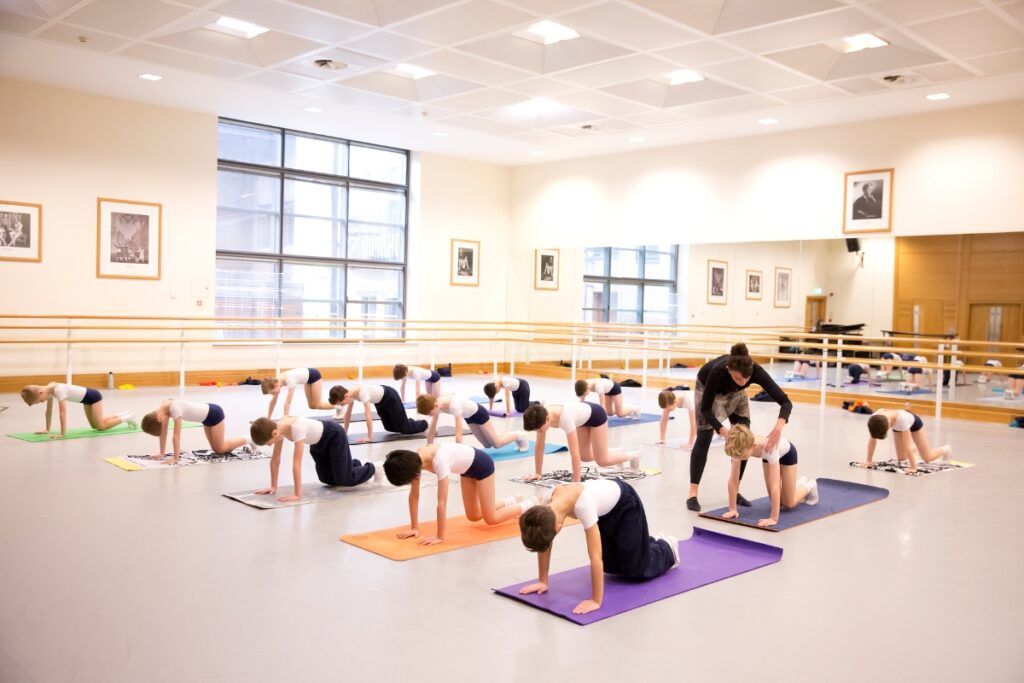
A national support network
Alongside the annual in-person visits, Emma offers free webinars for the local dance teachers of our Associate students as well as Continuing Professional Development sessions with the School’s faculty of Associate teachers. She can also offer personal zoom sessions with students and parents if they have a particular health-related concern.
It can be a challenge for parents to know where to send their child if they have a concern. I am currently developing a network of healthcare professionals around the country that know and understand dancers and children’s bodies, so that when we have someone who is injured or has a health-related concern, we can refer them to a specialist in their local area. If one of our local freelance physios has completed the centre visit, there potentially might be the opportunity for them to continue to help a student if the families want to go and see them privately.
As Emma is based across both White Lodge and Upper School, she has direct access to the wealth of knowledge and expertise within the extensive Healthcare Team at The School, and is able to share that knowledge directly with Associate students through the education she delivers.
I recently connected one of our Associate students with one of our full-time students who had the same injury that she has now. She’s at the beginning of that journey, and he’s come out the other side and is back dancing so it is a nice way to offer some connection and hope at a time when a young dancer can feel disheartened and isolated.
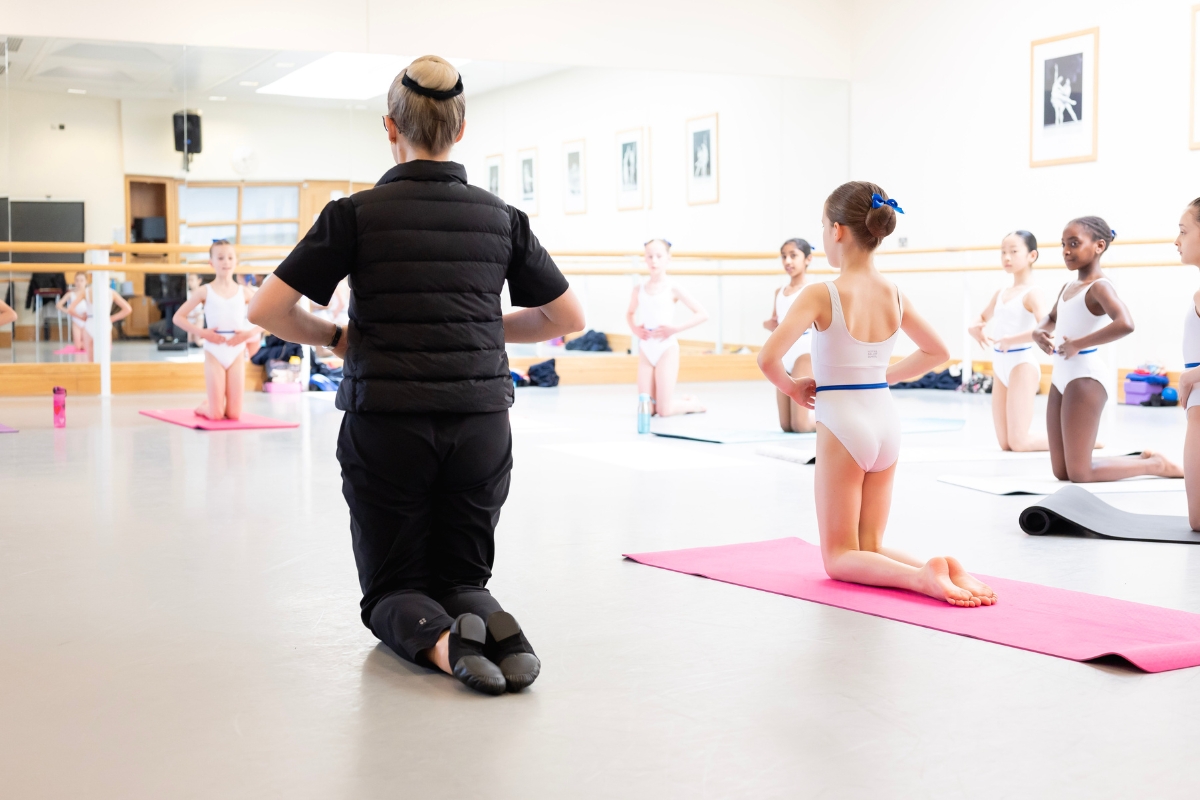
Early education for long term injury prevention
Emma is passionate about introducing healthcare education from the beginning of a dancers’ ballet training journey, and notes the positive impact that our Associate healthcare support programme is having in local dance communities.
The earlier we can start educating them about healthy and helpful habits and practises, the better. Dancing is a high-risk activity from an injury perspective, and there are so many things we can do to reduce that risk.
Once a student gets injured for the first time, they’re more likely to get injured again. They don’t often want to stop dancing or do less because they love it. So, it’s all about education and getting everybody on the same page. It’s about training smarter rather than harder, and safeguarding their growth and development for the betterment and longevity of their dance career.
The response from the teachers, students and parents has been very positive. There is a real thirst for wanting to know more and I think they’re incredibly receptive to that information. I have received some lovely feedback about changes that have been made off the back of the education we have given, like local dance school teachers introducing a ‘no jump day’ which is a massive change to implement as it goes against tradition. So, that is exciting to see.
Looking to the future
Emma and the team are currently working with a charity called Podium to develop an app for our Associate students that will allow them to track any injuries.
This will give us greater insight into the risks and nature of the injuries that we are seeing across the board, so we can then target our injury prevention interventions and programmes more specifically.
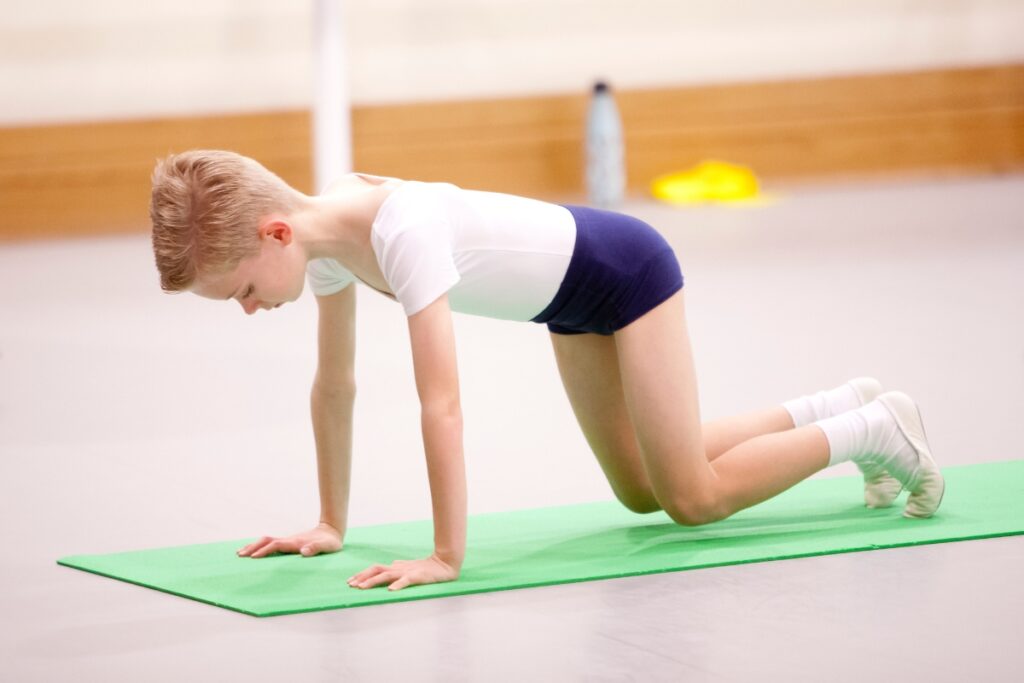
Applications for our Junior Associate Programme are now open
This programme is for students aged 8 to 10 who wish to take class with The Royal Ballet School, alongside their regular ballet classes.
Classes run from September to June at centres in Bath, Birmingham, Eastleigh, Edinburgh, Eastleigh, Leeds, London, and Manchester. All classes are held on Saturdays apart from our Edinburgh centre, which run on Sundays.
Auditions will take place in the summer term and are run like a regular ballet class. Students are not required to prepare anything, but should have some prior ballet experience.
Learn more about the programme and audition process, and have your questions answered in real time by Admissions Manager, Kim Sheard, and Head of Associates and Primary Steps Programmes, Victoria Collinson at a free online Q&A on Wednesday 12 March 2025, 10.30 GMT. Register here.
Applications close Wednesday 2 April 2025. For more information and to apply, click here.

